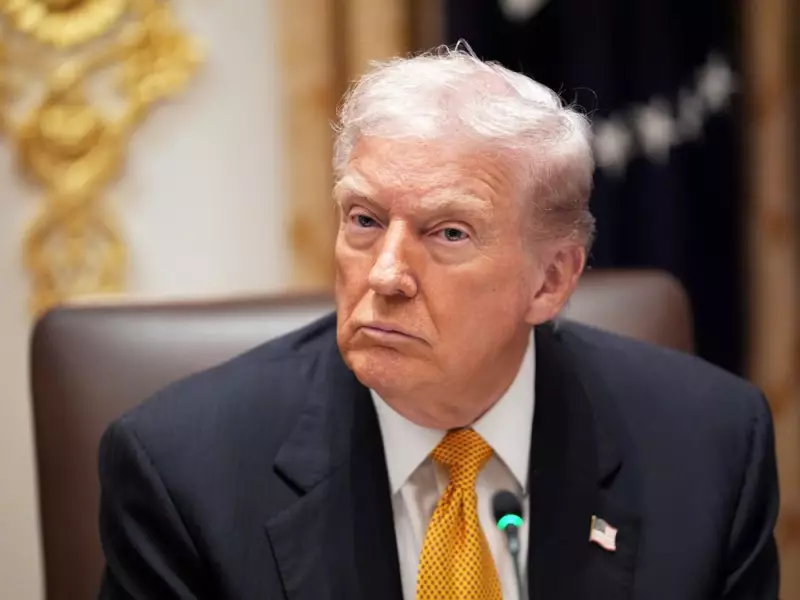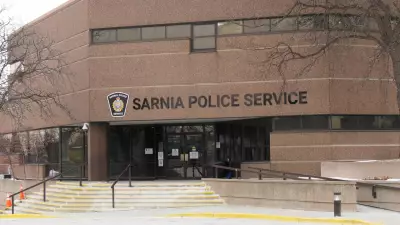
In a significant escalation of diplomatic tensions, President Donald Trump has declared that the United States will not send any officials to the upcoming Group of 20 summit in South Africa. This decision intensifies a long-standing dispute rooted in Trump's controversial claims about the treatment of White Afrikaners in the country.
A Diplomatic Boycott Announced
The announcement was made via a social media post where President Trump called the decision to hold the G20 in South Africa a "total disgrace." He asserted that Afrikaners "are being killed and slaughtered, and their land and farms are being illegally confiscated." Consequently, he stated that no U.S. Government Official will attend as long as these Human Rights abuses continue.
This move represents a hardening of the U.S. position. Back in September, Trump had announced he would personally skip the leaders' conference in Johannesburg, scheduled for November 22-23, but planned to send Vice President JD Vance in his place. Following the president's recent post, a person familiar with the vice president's plans confirmed that he also will not be attending the gathering.
South Africa's Firm Rebuttal
South Africa’s Department of International Relations and Cooperation swiftly responded, labeling Trump's post as "regrettable." The department firmly countered the president's allegations, stating that the claim of persecution "is not substantiated by fact."
In an official statement, the department highlighted South Africa's democratic transition, noting that its "own journey from racial and ethnic division to democracy" uniquely positions it to champion solidarity within the G20. The rebuttal underscores the factual inaccuracies in Trump's claims, pointing to official data that contradicts his narrative.
Background of the Bilateral Rift
The conflict between the Trump administration and South Africa reached a critical point in May. During a visit by South African President Cyril Ramaphosa to the White House, Trump unexpectedly confronted him with a video that he claimed supported his assertions about White farmers being targeted.
This incident effectively derailed the diplomatic visit, which was intended to mend ties and persuade Trump to abandon what South African officials view as a baseless conspiracy theory. The tension dates back to shortly after Trump's second inauguration and has been a persistent thorn in the side of bilateral relations.
Key factual context from South African statistics includes:
- Three decades after the end of apartheid, White families (including Afrikaners and an English-speaking minority) have an average income nearly five times that of Black families.
- Killings of farmers have been declining over the past two decades.
- More than 27,000 people are murdered annually in South Africa, with a disproportionate number being young men in low-income, predominantly Black townships.
- No land has been seized by the state since the end of apartheid.
Despite this evidence, the Trump administration has taken concrete action based on its claims. In February, Trump signed an executive order halting assistance to South Africa, citing false claims of rights violations. Furthermore, his administration has offered refugee status to White Afrikaners, a group it alleges faces persecution under Black ownership and employment-equity laws designed to rectify historical racial inequities.
Earlier this week, during a speech in Miami—where the U.S. is slated to host the G20 in 2026—Trump expressed his belief that South Africa should not even be a member of the group of advanced economies. "South Africa shouldn't even be in the Gs anymore, because what's happened there is bad," he stated, signaling a continued hardline stance against the nation.





